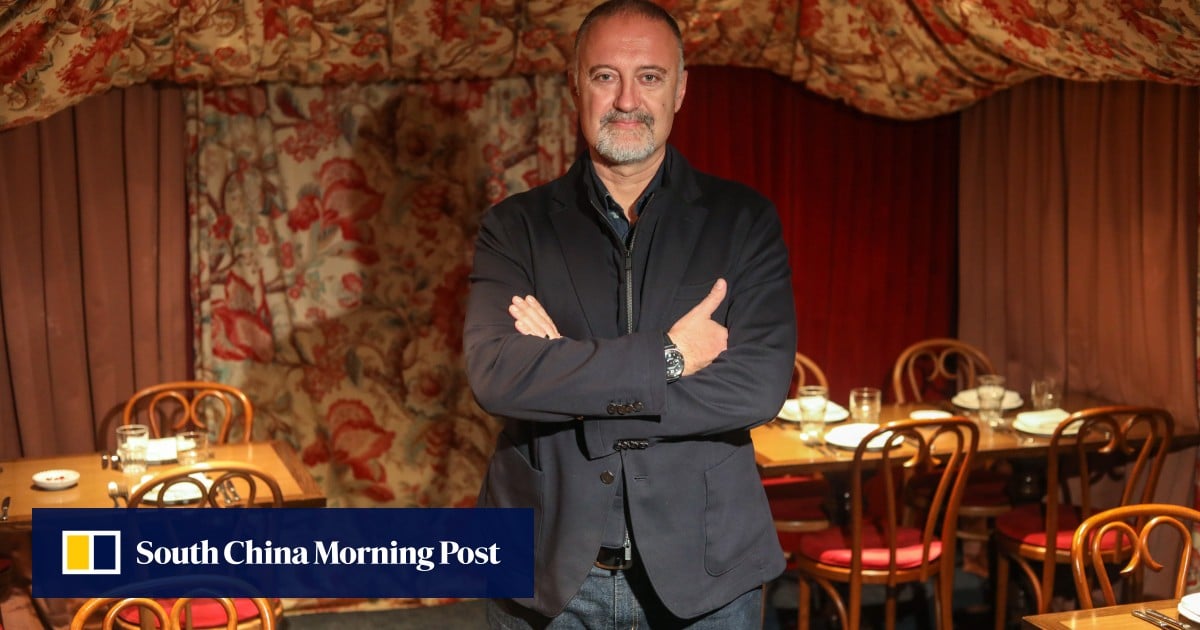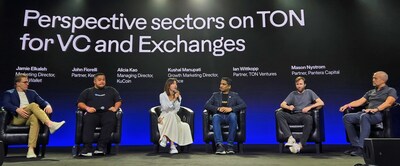By 2019, the foundations seemed solid enough; Talpo decided to step down to pursue other interests and projects. What was originally going to be a one-year break tuned into a three-year hiatus.
“As a result, Manuel took over and he got to a point where he was really tired,” says Talpo. “We both put so much effort in over the years that we felt like squeezed lemons.”
In the end, Palacio wanted to lessen his day-to-day burden too, so they decided to hire an experienced CEO to hold the fort.
There is no real secret to success other than paying attention to one guest at a time. The philosophy started when we first opened
“Also, the company was growing so fast, we wondered if we had the ability to run it. We decided to find someone with the track record and experience to run big groups and expanding companies. We thought that was the way forward.”
Talpo explains that although Puggaard helped Pirata weather the storm of the Covid-19 pandemic, they personally felt that the company dynamic had shifted.
“Towards the end of last year, we felt we were straying away from the Pirata culture,” Talpo says.
Puggaard declined to comment on his reasons for departing the restaurant group.
So, as Pirata’s 10th anniversary approaches, Talpo is CEO again – although he insists that, technically, he is still just interim CEO. But it’s quite clear he’s not ready to relinquish its care to someone else again.
Date night restaurants in Hong Kong: 10 fine-dining menus under HK$2,000 a head
Date night restaurants in Hong Kong: 10 fine-dining menus under HK$2,000 a head
Rather, he is eager to rebuild the team. “We lost a couple of very important guys,” he says.
For someone like Talpo, who began his career on the dining room floor, the corporate bottom line was never the main priority.
“There is no real secret to success other than paying attention to one guest at a time. The philosophy started when we first opened. We didn’t have big budgets. We didn’t have marketing or a big PR firm. We only had the minimum to open a restaurant in an awkward spot in the middle of Wan Chai,” Talpo says.
“We made a conscious decision to look after every single guest coming through. At the start, some nights it was really difficult when there’s nobody in the restaurant.
“You feel, maybe I just go home and watch some TV but, you know, a table will come at 8.30pm. Then one table became four, four became six.”
Other likeable, good-value concepts followed. TokyoLima serves smart Japanese-Peruvian dishes without Nobu prices. Honjo delivers modern Japanese without being too posh. The food at Chaiwala is approachable and generous.
However, the runaway success is without a doubt Pici pasta bar, which has expanded to 10 outlets, including in Shanghai.
But Talpo admits hospitality is never easy. He compares its constant headaches to parenthood.
“There are always problems, there is always something. It’s just the scale of the problems that changes,” he notes. “When they’re little, you’re scared they’re going to choke on a bone. As they get bigger, you’re afraid they’re going to get in with the wrong sort of company doing the wrong things. Business is very much the same.
We’re looking at other markets but we’re not in a hurry
“At the very beginning we were scared about serving the wrong dish on any night. Now our fears are bigger. What’s going to happen to the 400 people we employ?
“I have to admit we got a little bit scared over the [2019 anti-government] protests and the length of the Covid-19 closure. So, perhaps not having all the eggs in one basket would be smart business.”
In other words, the Pirata Group is setting its sights on regional expansion.
“We’re looking at other markets but we’re not in a hurry. The sky’s the limit. Our DNA is in Hong Kong but we want to expand above and beyond.
“We are confident that we’re doing the right thing for the right reason.”






